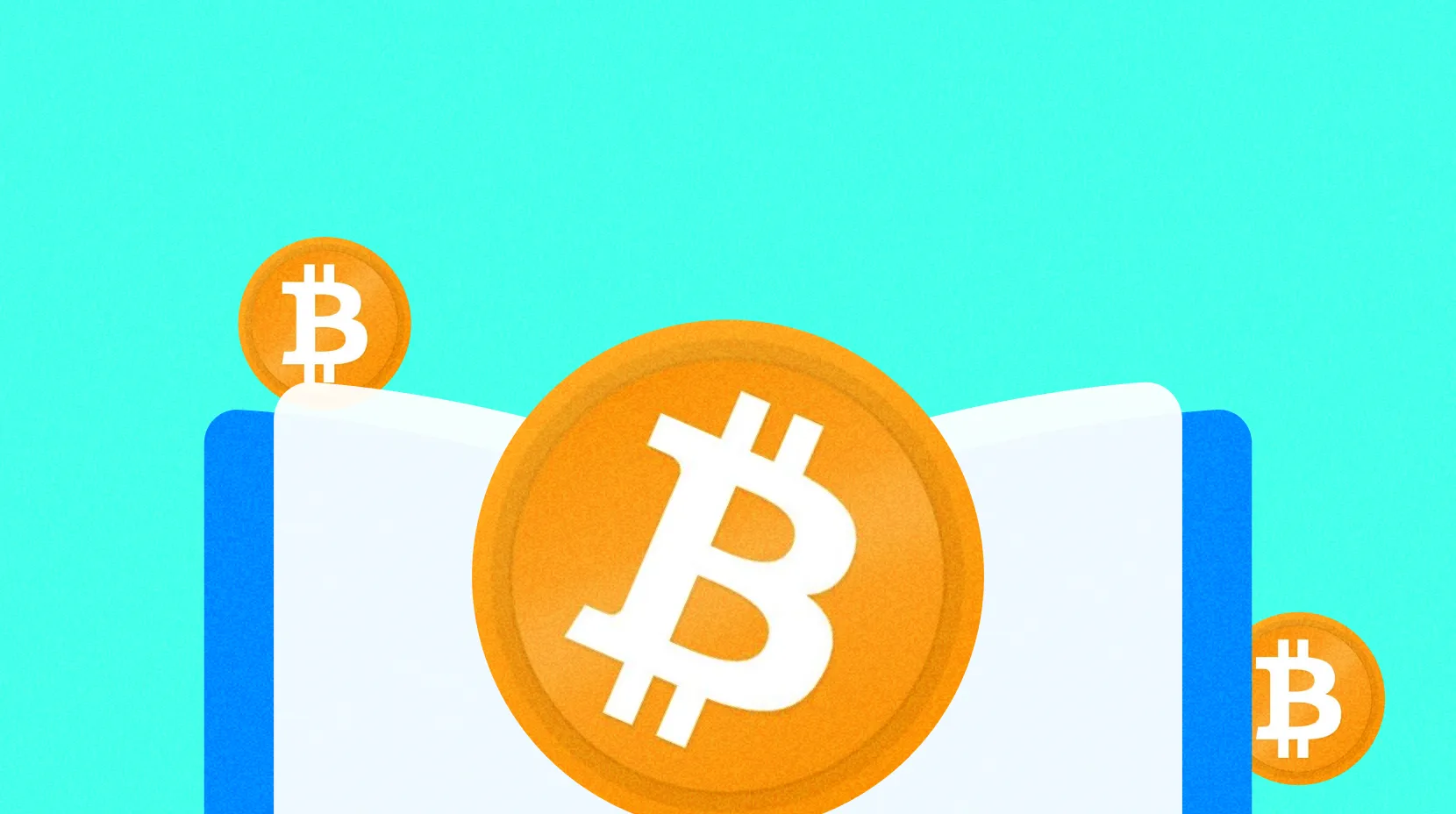Мережа Акаша
Цей модуль заглиблюється в Akash Network, децентралізовану платформу хмарних обчислень в екосистемі Cosmos. Ми розглянемо вступ до мережі Akash, як вона надає послуги децентралізованих хмарних обчислень, її використання Cosmos для хмарних служб, а також роль і корисність маркера AKT. Цей модуль необхідний для розуміння того, як технологія блокчейн робить революцію в хмарних обчисленнях.

Знайомство з Akash Network
Akash Network представляє значну інновацію в області хмарних обчислень, запроваджуючи децентралізований підхід із відкритим кодом. Його часто описують як децентралізований ринок хмарних послуг, де користувачі можуть орендувати обчислювальні ресурси у глобальній мережі постачальників хмарних послуг. Ця модель різко контрастує з традиційними платформами хмарних обчислень, які зазвичай централізовані та контролюються кількома великими корпораціями. Децентралізований характер Akash Network не тільки демократизує доступ до хмарних ресурсів, але й потенційно знижує витрати та підвищує ефективність.
Платформа працює за принципами вільного ринку, де провайдери хмарних послуг конкурують за найкращу ціну та якість послуг. Цей конкурс приносить користь користувачам, які можуть вибирати з широкого спектру варіантів відповідно до своїх конкретних потреб і бюджету. Природа Akash Network із відкритим вихідним кодом також сприяє прозорості та співпраці, створюючи середовище, у якому можуть процвітати інновації. Цей підхід особливо привабливий для малого та середнього бізнесу, а також для індивідуальних розробників, яким потрібні ресурси хмарних обчислень, але вони часто нижчі від традиційного ринку.
Архітектура Akash Network розроблена таким чином, щоб бути високомасштабованою та безпечною, використовуючи технологію блокчейну для керування транзакціями та угодами між користувачами та провайдерами. Ця система на основі блокчейну гарантує, що всі транзакції є прозорими, безпечними та незмінними. Використання блокчейну також дозволяє автоматизовано та надійно виконувати угоди, зменшуючи потребу в посередниках і знижуючи транзакційні витрати. Ця архітектура робить мережу Akash новаторською платформою у сфері децентралізованих хмарних обчислень.
Децентралізовані хмарні обчислення в мережі Akash
Децентралізовані хмарні обчислення в Akash Network пропонують кілька переваг перед традиційними моделями хмарних обчислень. По-перше, це забезпечує вищий ступінь безпеки та конфіденційності. У децентралізованій системі дані розподіляються між кількома вузлами, що робить їх менш вразливими до атак і збоїв, які можуть вплинути на централізовані центри обробки даних. Такий розподіл даних також покращує конфіденційність, оскільки жодна особа не може контролювати всі дані.
Децентралізований характер мережі Akash забезпечує економічну ефективність. Створюючи конкурентний ринок хмарних послуг, ціни знижуються, роблячи хмарні обчислення доступнішими для ширшого кола користувачів. Це особливо корисно для стартапів і малих підприємств, які можуть вважати витрати на традиційні хмарні сервіси непомірно високими. Ефективність ринку також означає, що постачальники можуть оптимізувати використання своїх ресурсів, зменшуючи відходи та підвищуючи прибутковість.
Децентралізовані хмарні обчислення сприяють інноваціям і гнучкості. Користувачі мають свободу вибору найкращої послуги для своїх конкретних потреб, не прив’язуючись до пропозицій одного постачальника. Ця гнучкість заохочує інновації, оскільки постачальники мають стимул покращувати свої послуги та пропонувати унікальні рішення для залучення користувачів. Природа Akash Network з відкритим вихідним кодом додатково підтримує цю інновацію, оскільки розробники можуть співпрацювати та розвивати роботу один одного.
Як Akash Network використовує Cosmos для хмарних сервісів
Akash Network використовує екосистему Cosmos для покращення своїх хмарних сервісів кількома способами. По-перше, функції сумісності Cosmos дозволяють Akash Network підключатися до різних блокчейнів, розширюючи її охоплення та функціональність. Ця сумісність має вирішальне значення для створення справді децентралізованої платформи хмарних обчислень, оскільки вона забезпечує інтеграцію різноманітних технологій і послуг.
Використання Cosmos SDK забезпечує мережу Akash надійною і масштабованою інфраструктурою. Модульний дизайн SDK дозволяє налаштовувати та оптимізувати блокчейн, гарантуючи, що він може виконувати вимоги децентралізованої платформи хмарних обчислень. Ця масштабованість є важливою для Akash Network, щоб вмістити зростаючу кількість користувачів і транзакцій.
Спільна модель безпеки Cosmos приносить користь Akash Network, забезпечуючи високий рівень безпеки для її блокчейн-інфраструктури. Ця безпека має вирішальне значення для завоювання довіри користувачів і постачальників у децентралізованому середовищі. Спільна модель безпеки також зменшує навантаження на Akash Network щодо підтримки власної інфраструктури безпеки, дозволяючи їй зосередитися на розробці та вдосконаленні своїх основних служб хмарних обчислень.
Токен AKT і його корисність в екосистемі Akash
Токен AKT є невід’ємною частиною мережі Akash, яка служить багатьом цілям у її екосистемі. По-перше, AKT використовується як засіб оплати хмарних сервісів на платформі. Користувачі платять постачальникам в AKT за обчислювальні ресурси, що робить його основною валютою ринку Akash. Таке використання рідного токена спрощує транзакції та узгоджує інтереси всіх учасників екосистеми.
Токен AKT відіграє певну роль в управлінні мережею Akash. Власники токенів можуть брати участь у процесах прийняття рішень, впливаючи на розвиток і напрямок платформи. Ця модель управління гарантує, що мережа Akash розвивається таким чином, щоб відображати потреби та переваги її спільноти.
AKT використовується як механізм стимулювання для забезпечення надійності та якості обслуговування на платформі. Постачальники зобов’язані робити AKT як заставу, яку можна скоротити у разі збоїв у обслуговуванні або нечесної поведінки. Цей механізм спонукає постачальників підтримувати високі стандарти обслуговування, підвищуючи загальну надійність і надійність мережі Akash.
Основні моменти
- Akash Network — це децентралізований ринок хмарних послуг із відкритим вихідним кодом, який пропонує безпечну та економічно ефективну альтернативу традиційним моделям хмарних обчислень.
- Він працює за принципом вільного ринку, дозволяючи постачальникам хмарних послуг конкурувати, тим самим надаючи користувачам більше вибору та нижчі ціни.
- Архітектура платформи, побудована на технології блокчейн, забезпечує прозорі, безпечні та незмінні транзакції між користувачами та провайдерами.
- Децентралізовані хмарні обчислення в Akash Network покращують безпеку та конфіденційність, знижують витрати та сприяють інноваціям і гнучкості пропозицій послуг.
- Використовуючи екосистему Cosmos, Akash Network отримує можливість взаємодії, масштабованість і надійну інфраструктуру для своїх децентралізованих хмарних сервісів.
- Токен AKT функціонує як основна валюта для транзакцій на платформі, а також відіграє ключову роль в управлінні та як механізм стимулювання.
- Інтеграція Akash Network з Cosmos і корисність токена AKT позиціонують її як піонерське та ефективне рішення в просторі децентралізованих хмарних обчислень.





